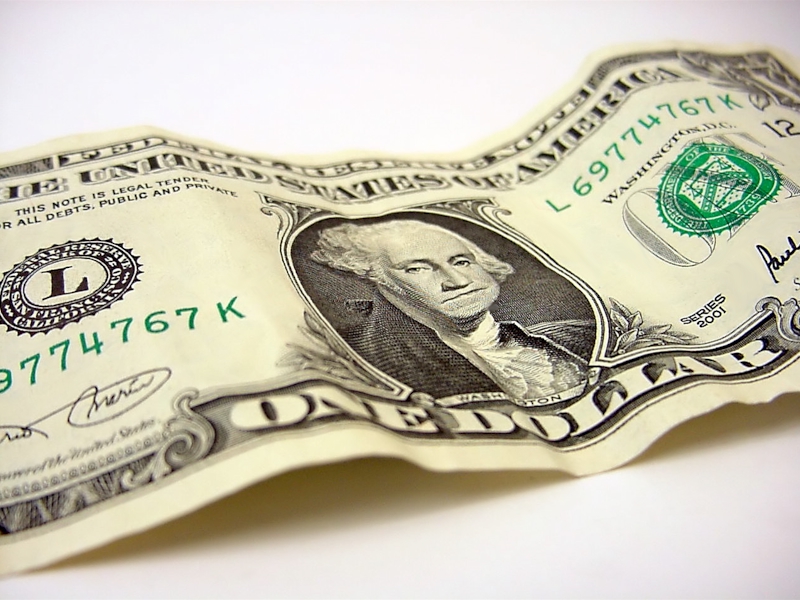
On February 16, the Russian Federation’s Federal Penitentiary Service announced the death in custody of a prisoner at its FKU IK3 “corrective colony.” The prisoner — one Alexei Anatolyevich Navalny — “fell ill after a walk, almost immediately losing consciousness,” according to an official statement, and could not be resuscitated by medical staff.
US president Joe Biden’s blunt statement fairly summarizes western regimes’ political responses to Navalny’s death: “Make no mistake, Putin is responsible for Navalny’s death. Putin is responsible.”
Navalny spent the final years of his life in and out of prison.
According to the Russian regime, he was incarcerated for crimes ranging from embezzlement to fraud to money laundering.
According to his supporters in Russia and elsewhere, he was a political prisoner whose anti-corruption work and campaigns for public office represented a threat to Vladimir Putin’s rule.
Maybe he was one or the other, or both, or neither. But I’ve always found his status as a darling of western Putin opponents puzzling.
Navalny’s rise to prominence in Russian politics came from his support for a Russian nationalism to the right of Putin’s, starting with his advocacy of the 2006 “Russian march,” an annual far-right gathering banned that year in Moscow, and his opposition to freedom of immigration to Russia.
He supported Russia’s intervention against Georgia on behalf of, and supported Russian recognition of, South Ossetia and Abkhazia, in 2008.
As late as 2012, at the height of his public influence, he preached that “Russian foreign policy should be maximally directed at integration with Ukraine and Belarus.”
His stated views moderated later on, but seemingly more as a function of courting western support and styling himself “the anti-Putin” than as a genuine change of belief. There’s no particular reason to believe that, had he replaced Putin as president at some earlier point, we’d have seen much difference in Russian foreign policy going forward.
Which of course, tells us nothing about whether he was 100% genuine political prisoner, or 100% criminal con man who cast his prosecution as political persecution in an effort to avoid punishment, or some mix of those things.
But it does raise the question of why the US regime chose him as the face of a nascent Russian opposition to support in its foreign political meddling. Were there no other opposition figures with more personal credibility and with, or willing to adopt, sufficiently “pro-western” views? Was it just about who could be most loudly “anti-Putin?” Inquiring minds want to know.
I don’t welcome Navalny’s death. I don’t welcome anyone’s.
But I do hope that a genuine, organic, anarchist or near-anarchist political opposition, rather than yet another west-backed ringer, can fill the vacuum his death leaves.
We could use such an opposition in America, too.
Thomas L. Knapp (Twitter: @thomaslknapp) is director and senior news analyst at the William Lloyd Garrison Center for Libertarian Advocacy Journalism (thegarrisoncenter.org). He lives and works in north central Florida.
PUBLICATION/CITATION HISTORY


